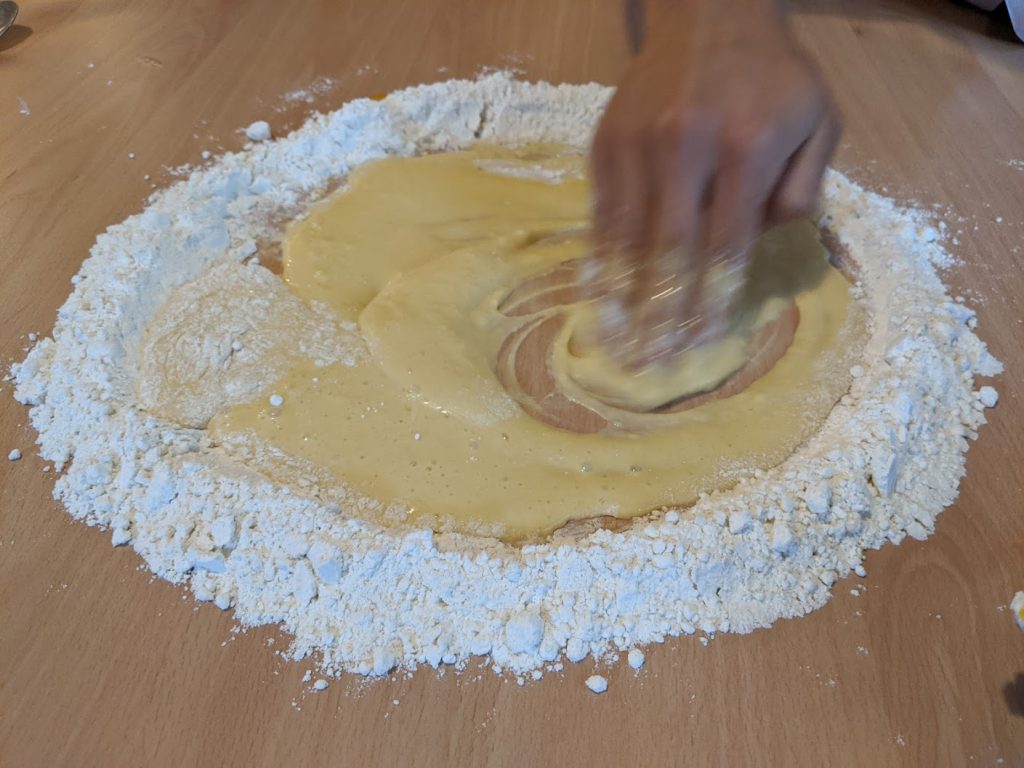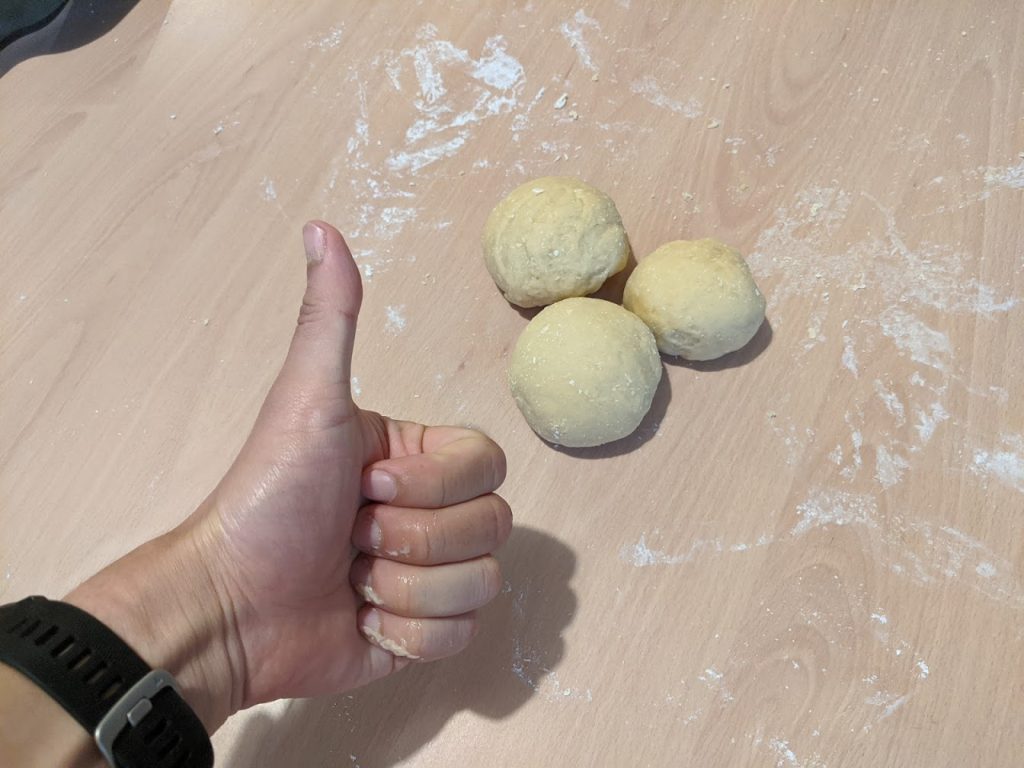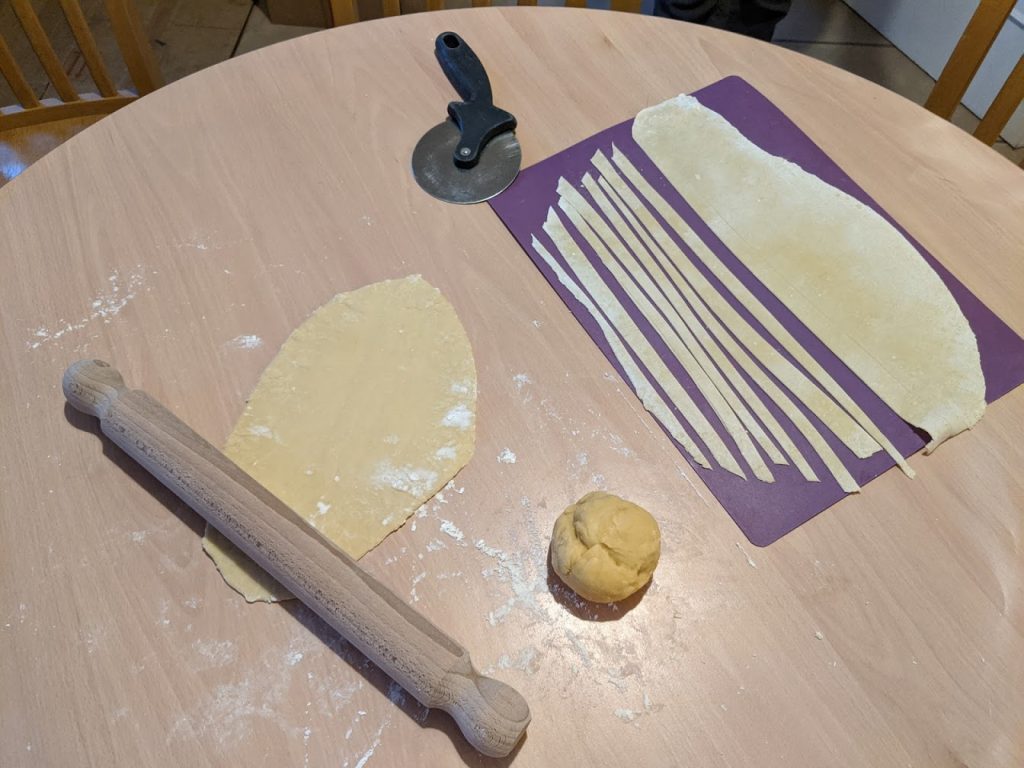Short version:
Since I posted last week, coronavirus continues to dominate media and conversation. First, my advice is unqualified, go to the NHS and CDC instead. If you’re here for my thoughts they are:
1. Don’t panic. It doesn’t help, and this is relatively normal.
2. Journalists know less than clinicians and epidemiologists. Avoid media, instead use the NHS and CDC. For scientific updates, the WHO and journals (The Lancet, The New England Journal of Medicine, and Nature). Engaging more than once per day is not helping you stay healthy. Stress weakens the immune system.
3. If you’re healthy and under 50, your personal risk is very low (but the elderly should isolate).
4. If this pushes you to take care of your hygiene and health as you should have been doing already, that’s great.
Long version:
Death
Currently, my media (and conversation) are saturated by the coronavirus pandemic. People seem generally frightened. As I write this, there have been just over 5000 deaths, the first being on January 11th in China. Of course as you read this that number will be higher, and if you are reading it relatively soon it will likely climbing at a faster rate. The final death toll will likely be in the millions. That is, of course, terrible, but it is only terrifying if these numbers are the first point of engagement with public health statistics. This paper from the Journal of Emergency Management points out that the flu outbreaks in 1957 and 1968 both had death tolls over a million, and while the flu of 1918 is being cited as analogous, it hit a population exhausted by 4 years of world war, and when life expectancy was under 50 due to bacterial infections (penicillin being discovered in 1928). People are dying constantly, for example in our modern context:
About 150,000 people die every day
42,000 die from heart attacks and strokes
11,000 die daily due to air pollution
8,000 die from lower respiratory infections (like COVID-19, but this data is from 2016)
4,300 die from diabetes
4,000 die from tuberculosis, every day
4,000 die from malaria, every day
3,800 die from motor vehicle accidents
So, in context, the total deaths we have seen over two months are on a similar order of magnitude to the deaths associated with car accidents or diabetes that happen every day. That said, the death rate will climb, and public health interventions can flatten the curve (worth the click through) to help save lives, but I feel that a significant part of the fear of death is the relative unfamiliarity of most people with it, when it is a very common occurrence.
A note where I hedge: As discussed in 2019 Week 32: Unsympathetic Science, mass shootings draw attention (and therefore public fear) to gun deaths despite being a regular occurrence in the US. I feel the situation here is similar in that the initial fear creates media interest which in turn creates more fear and the feedback drives a frenzy. Unlike the diseases we are familiar with, there are many unknowns to coronavirus, and there is a possibility that it overtakes the causes of death described above.
Reactions
So the psychological behaviours of this pandemic is also interesting.
1. Hoarding toilet paper seems extremely odd to me, and I made the observation that no one has ever died from a lack of toilet paper. Large parts of the world don’t use toilet paper at all. I assume people, being afraid, want to take action to attempt to feel prepared. Panic buying is a self fulfilling prophecy: since stores stock shelves based on what they usually sell, when a sufficiently large minority feels they need to stockpile, they create the shortage they are attempting to prepare for.
2. This virus seems to sit at some optimal point for generating a media frenzy. Health issues like obesity or opiates have not been able to capture the public consciousness to the same extent. Even the return of previously eradicated diseases like measles has not fully captured the public consciousness. Perhaps the authoritarian lock down by the Chinese government creates a setting that lends itself to the public imagination.
A thought experiment I have been playing with:
If you are afraid of the current coronavirus pandemic, how much would you pay to avoid it. £10? £100? £1000? Much more? I would guess you are more afraid of (and therefore willing to pay much more to avoid) coronavirus than you would be of a regular flu, but the flu kills many tens of thousands each year and many people don’t feel the need to buy the annual vaccine. Presumably you are more concerned with death than with suffering the fever or cough, and so whatever the amount you price avoiding coronavirus, I would expect you would also pay to avoid a heart attack, stroke, cancer, or lethal car accident. Given that, here are some things you can do to decrease your chance of death by a much more significant amount!
Stop smoking
Smoking statistics are intense. Smoking kills more than 0.1% of the US population each year (a likely estimate for the total coronavirus deaths), but 5% of the US population has a smoking related disease right now. With 300 under 18s becoming daily cigarette smokers every day, this is not a problem that comes from “before people knew it was bad for them”.
Drive safely
You probably know of someone who died in a car accident. Driving under the influence of drugs or alcohol and speeding are known to be dangerous, but in the US alone 9 people die each day from distracted-(using a smart phone while)-driving.
Maintain a healthy weight
Costing obese UK citizens 9 years of life expectancy, poor diet is catching up to smoking as the single worst health decision a person can make. Cutting back on high calorie low nutrition food (e.g. sugary drinks and snacks) and finding time to exercise regularly makes you less susceptible to a wide range of diseases (including coronavirus).
Prepare to get help for mental health
Addiction kills slowly. Suicide kills quickly. Both are preventable if people can get help, but when help is needed most it is hardest to navigate towards it. Start talking to friends, loved ones, and your health services about mental health and drug use, so that if things do go bad one day, you’re familiar with the system when you actually need it.
Note, I did not have time to convert DALYs into expected years of life saved for each of the above decisions, but this paper has a very useful table if you want the numbers.
Other things that didn’t fit above but I wanted to share:
A disease burden of influenza special issue from 2018
Netherlands infectous disease burden
Highly shared summary on slowing the disease progression from Tomas Pueyo
How long the virus survives on stuff
Economist explains the structure of the virus and how it relates to possible drug targets.







